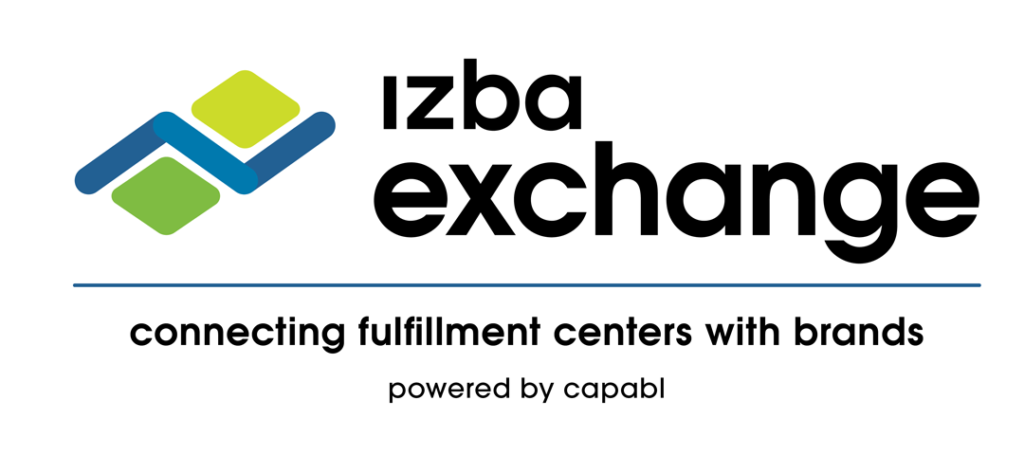
Supply chains have become increasingly complex in the modern world. With so many stakeholders and processes involved, it’s essential to evaluate each component of the supply chain to ensure that they are working together in an efficient and ethical manner.
An audit of a supply chain is one way to identify potential issues and develop solutions before they cause serious problems. But what should you be looking for when doing a supply chain audit?
In this blog post, we will discuss seven key things you need to evaluate when auditing supply chains. From performance metrics to ethical considerations and more.Read on to learn how you can effectively audit your company’s supply chain.
Legal Risks
The complexities of global supply chains create a number of risks that must be managed by companies. These risks can be legal, financial, political, or operational in nature.
When auditing a company’s supply chain, it is important to evaluate all of these risks and create a plan to mitigate them. Legal risks are often the most difficult to predict and manage, as they can arise from changes in regulations or enforcement actions.
Companies must stay up-to-date on the latest legal developments in their supply chain countries and ensure that their practices comply with all laws and regulations. They should also have procedures in place to quickly adapt their operations if any legal changes occur.
Operational risks can arise from disruptions at any point in the supply chain, such as supplier bankruptcies, natural disasters, or unexpected increases in demand. While these risks are often out of a company’s control, they can often be mitigated through careful planning and contingency measures.
Political risks are another type of risk that can impact global supply chains. These include things like trade wars, export restrictions, or country instability. Companies need to monitor political developments around the world and factor them into their planning.
Financial risks must also be considered when auditing a company’s supply chain. These include currency fluctuations, interest rate changes, or commodity price volatility. While some of these risks can be hedged against, others may need to be accepted as part of doing business in a global marketplace.
Geopolitical Risks
Political instability, government regulations, and other geopolitical risks can disrupt supply chains. Businesses need to be aware of these risks and take steps to mitigate them.
The past few years have resulted in several broken supply chains that didn’t account for geopolitical circumstances changing in the wake of unfolding events such as the pandemic and Russia’s war on Ukraine.
While these are some of the major events that have caused global disruptions, supply chain auditors now make sure they’re trying to account for local problems as well.
SLA Performance (Logistics)
The first thing you need to evaluate when auditing your supply chain is the service level agreement (SLA) performance of your logistics providers. You can start by evaluating on-time performance, the accuracy of deliveries, and claims processing.
You should also measure their compliance with your SLOAs in terms of lead time, inventory levels, and fill rates. Tools like Capabl can help in this regard.
Another important metric to look at is how often your shipments are delayed or rejected. This can be a sign that your logistics provider is not meeting your expectations in terms of quality or timeliness.
You should also assess the financial impact of any delays or disruptions caused by your logistics provider. This includes calculating the cost of lost sales, late fees, and other charges incurred due to their mistakes.
Quality Assurance

When auditing supply chains, there are a number of factors to consider in order to ensure quality. However, the most important benefit of having an audit is that it helps you identify issues with your quality assurance process itself.
Auditors can help develop and implement modern evaluation criteria when conducting an internal audit by highlighting industry standards with precedential importance.
A whole lot can go into ensuring quality for every product and the process of evaluating efficiency in terms of product quality and cost-effectiveness can vary with every business.
Auditors can run a range of different tests and use a variety of evaluation methods to gauge the performance of all parties involved in creating the final product.
Cybersecurity and Tech Stack Evaluation
When auditing the cybersecurity of your supply chain, there are a few key things you need to look at.
First, you need to evaluate the tech stack that your suppliers are using. This includes looking at the software and hardware they are using, as well as their network security. You also need to look at their incident response plans and see how they would handle a breach.
After that, you need to evaluate the policies and procedures that your suppliers have in place such as access control policies along with their data handling and storage procedures. You also want to make sure that they have a plan in place for dealing with cyber attacks.
Finally, you need to take a look at the training and awareness programs that your suppliers have in place for their employees. This involves ensuring that they are trained on how to spot a potential attack and what to do if they are breached. It is also important to make sure that they understand the importance of reporting any suspicious activity.
Reputational Risks
When auditing supply chains, there are a number of reputational risks that need to be considered. These include:
- The risk of supplier failure. This could lead to disruptions in the supply chain and damage the company’s reputation.
- The risk of child labor or other unethical practices being used by suppliers. This could again damage the company’s reputation and lead to boycotts or other negative publicity.
- The risk of environmental damage caused by the supply chain. This could have a major impact on the company’s image and bottom line.
- The risk of corruption or bribery involving suppliers. This could lead to legal problems for the company and damage its reputation.
Inventory and Demand Management
When auditing supply chains, there are a few key things you need to evaluate to gauge inventory and demand management.
To start with, you need to look at the company’s demand planning and forecasting process. Do they have a good handle on future customer demand? Are their plans realistic and achievable? Do they have the necessary systems and processes in place to execute their plan?
Then, you should assess how well the company is managing its inventory levels. This includes both raw materials and finished goods. Are they keeping too much or insufficient inventory on hand? How often do they experience stock-outs? Are they able to meet customer demand?
After that, you evaluate the company’s order fulfillment process. Do orders get shipped on time? Is there a high rate of errors or damaged goods? How efficiently are orders being processed?
Once that’s done, you need to take a close look at the company’s return policy and procedures. How easy is it for customers to return goods? What sort of turnaround time can they expect? How well does the company handle returns?
As you develop an understanding of the elements and valid methods for auditing, supplier performance, manufacturing processes and order fulfillment as a whole can be evaluated on a regular basis to meet quality standards.
This can include reviews of dozens of important aspects of your operations including sourcing costs, manufacturing and delivery times, invoice auditing, order accuracy, product quality, etc. If any issues are identified, corrective action should be taken immediately.
Similarly, product specifications should be reviewed to ensure that they meet your needs and expectations. Any changes to these specifications should be communicated to suppliers as soon as possible.
Manufacturing processes should be regularly monitored to identify any potential quality issues. This includes inspections at various stages of production, as well as final testing before products are shipped out. Any problems that are identified should be immediately addressed in order to prevent them from impacting the finished product.
And More
Of course, it’d be wrong to say this is all that supply chain auditors will do. As analysts with exposure to various industry insights and contemporary affairs, supply chain auditors can run a series of tests for any given aspect of your operations and review nuances as they see fit.
The end result remains the same- to help the company achieve risk-free peak efficiency without leaving anything on the table. As supply chain analysts and consultants ourselves, we can help you conduct as well as prepare for audits and maximize your business potential.
So, let’s get in touch and see how we can help!





2 thoughts on “7 Things You Need to Evaluate When Auditing Supply Chains”
Pingback: Auditing Supply Chains: The Process - izba
Pingback: Supply Chain Audits: Everything You Need to Know - izba